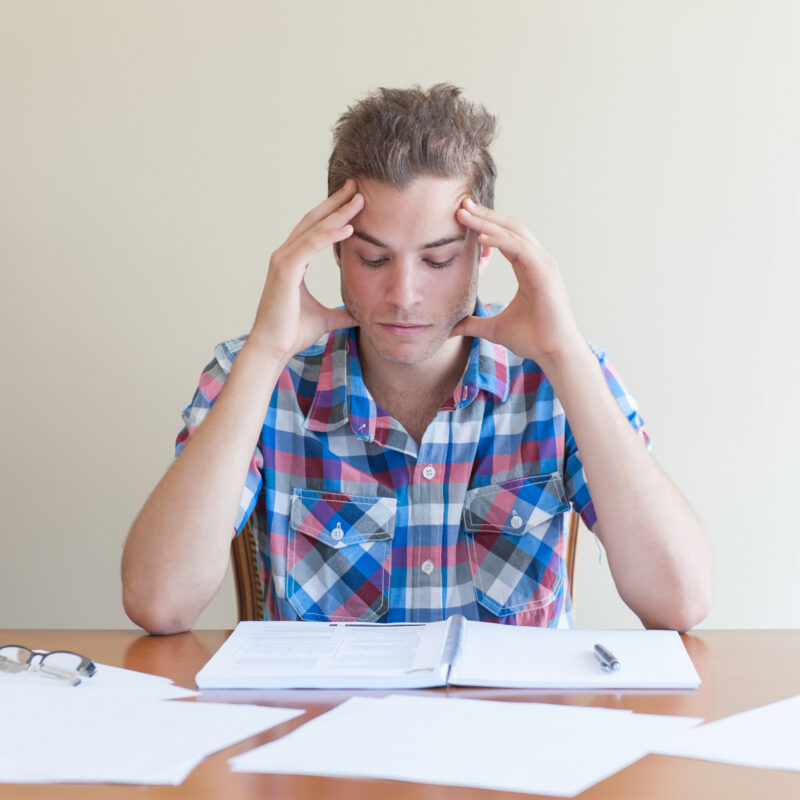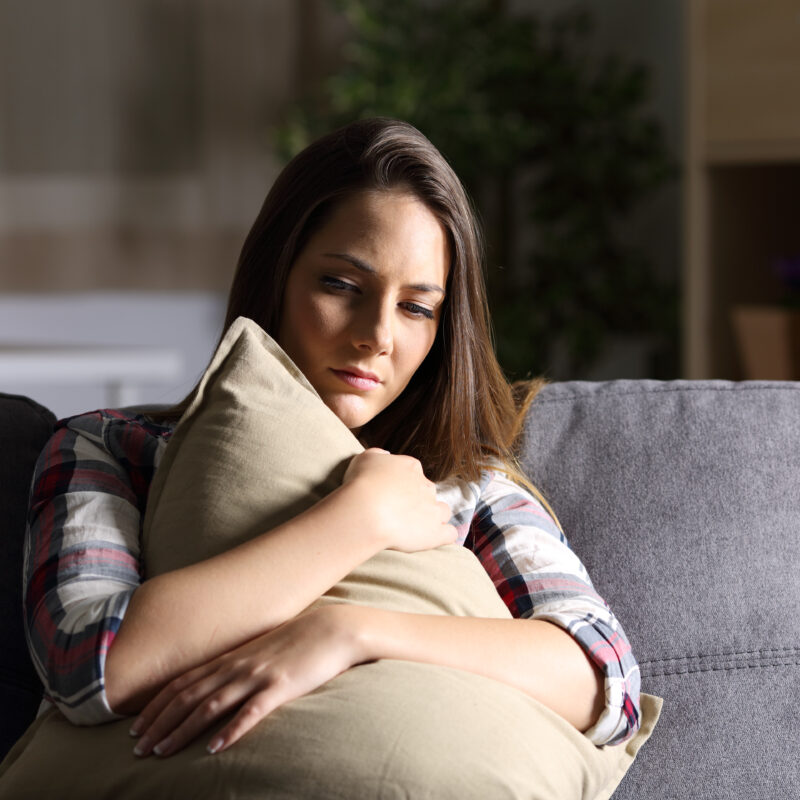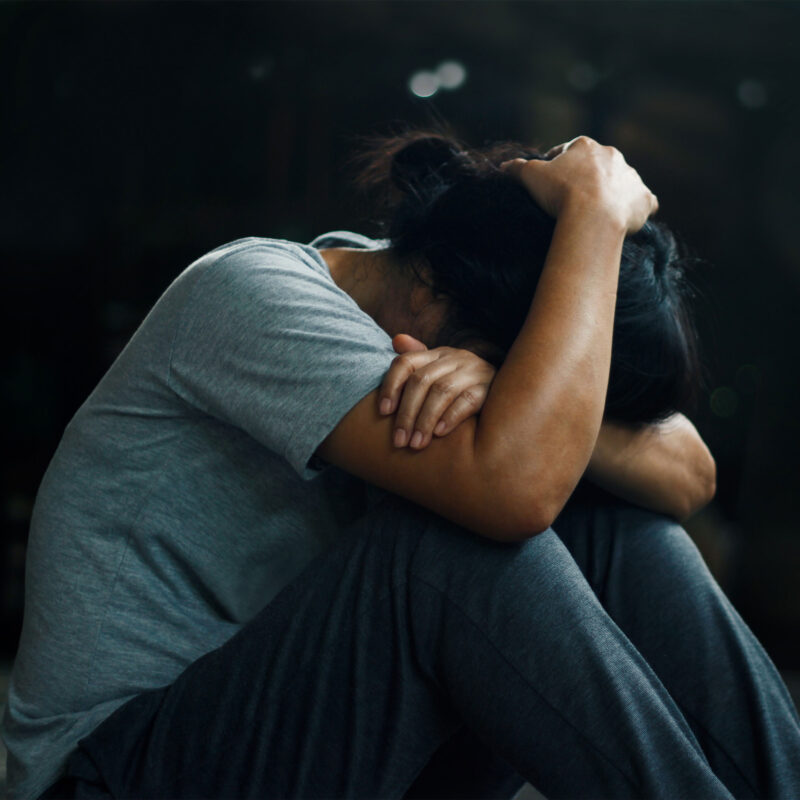Anxiety is a normal emotion that everyone experiences from time to time. It can serve a protective purpose, alerting us to dangerous situations, motivating us to complete tasks, or pushing us towards success. However, for some individuals, anxiety can become overwhelming and paralyzing. Persistent worry can consume their every thought, leading to physical fatigue, stomach aches, headaches, muscle aches, and other physical manifestations.
When anxiety begins to interfere with daily functioning, seeking a mental health evaluation becomes necessary. As psychiatric nurse practitioners, we are skilled at determining if treatment is needed for anxiety. We engage in a discussion with you about appropriate treatment options.







